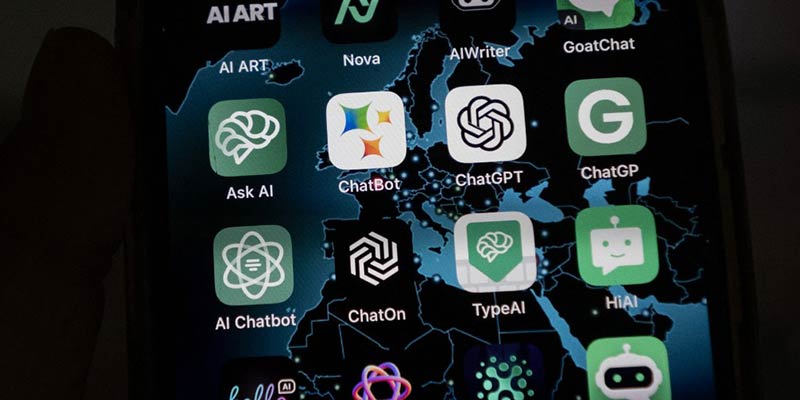- India
- Feb 24
- Sreesha V.M
India recorded 3 billion AI-related app downloads in 2024, says Sitharaman
• Union Finance Minister Nirmala Sitharaman said India was not just leading in the adoption of artificial intelligence, but also shaping how AI is governed.
• Speaking at the 6th convocation of the Indian Institute of Information Technology (IIIT) Kottayam, Kerala Sitharaman said that India was not just ready for AI, but the demand for AI-driven solutions was also high in the country.
• She said the country recorded three billion AI-related app downloads in 2024, while the US and China had only 1.5 billion and 1.3 billion downloads, respectively.
• The Finance Minister also said that India being made the co-chair at the recent AI Action Summit in Paris was a recognition of the country’s global position in the sector.
• Sitharaman also outlined the steps taken by the central government in the field of AI, starting with the India AI mission, which was announced with a budget outlay of Rs 10,300 crore for building computing infrastructure, developing indigenous AI capabilities, attracting AI talent from around the world, and financing AI startups.
What is artificial intelligence?
• The term ‘artificial intelligence’ (AI) means a machine-based system that can, for a given set of human-defined objectives, make predictions, recommendations or decisions influencing real or virtual environments.
• AI is the use of digital technology to create systems capable of performing tasks commonly thought to require human intelligence.
• AI is more than just an industrial and technological revolution. It has the potential to bring about a profound paradigm shift in our societies, in how we relate to knowledge, work, information, culture and even language.
• This technological revolution knows no borders.
• The AI has incredible potential and could resolve a great many very complex problems, seeking new therapies, predicting climate hazards and discovering new scientific correlations through analysis of large datasets.
• At the right scale and with the right governance, AI can help develop, for example, tailored and effective education models that support both learners and teachers.
• The use of AI can be advanced in many sectors, including health, science and, more generally, fields where it can boost productivity considerably.
• In this sense, AI is a scientific, economic, cultural, political and civic issue requiring intense international dialogue involving the governments, researchers, businesses, creative professionals and civil society, to ensure the science, solutions and standards that shape AI of the society we want to build for tomorrow are developed collaboratively.
• The opportunities are vast, and there is great potential for increasing the productivity of workers of all kinds.
• However, these huge opportunities come with risks that could threaten global stability and undermine our values.
• AI poses risks in ways that do not respect national boundaries. It is important that governments, academia, businesses, and civil society work together to navigate these risks, which are complex and hard to predict, to mitigate the potential dangers and ensure AI benefits society.
(The author is a trainer for Civil Services aspirants.)

